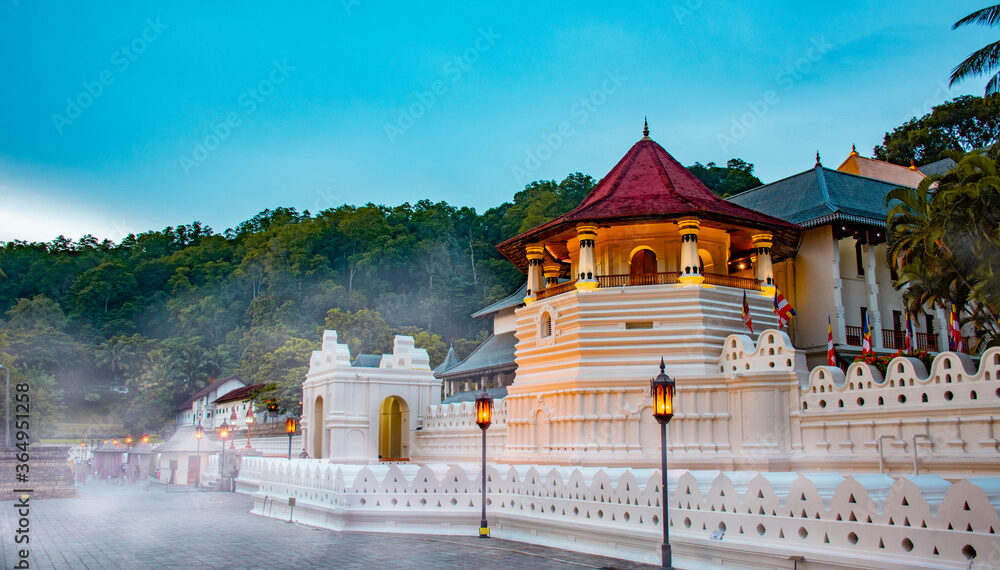The Sri Lanka Gem and Jewellery Association (SLGJA) has raised concerns that the nation’s gem and jewellery industry is losing its competitive edge due to high taxes, particularly the 18% Value-Added Tax (VAT).
According to a news report by IJ News Service, the VAT applies to rough and finished gemstone imports, predominantly used for re-export or sold to tourists in foreign currency.
This tax burden has prompted fears of businesses relocating to more favorable markets, such as Dubai, India, Hong Kong, and Thailand, where VAT rates are significantly lower.
According to the report, tax pressures have already reduced gem imports, closed jewellery manufacturing units and lapidaries, and increased unemployment. The industry, which relies on imported precious stones for 70% of its exports, now faces challenges that could jeopardize the livelihoods of over 600,000 workers.
SLGJA President Ajward Deen pointed out that the high tax rates and limited access to bank loans discourage gem dealers.
The lack of a refund mechanism for VAT on foreign currency sales further hampers sales to tourists and undermines the industry’s global competitiveness. Deen suggests that reducing the 36% tax on net profit and the 18% VAT on imports could help Sri Lanka regain its standing in the global market.
The report stated that, Sri Lanka, historically renowned as the “Island of Gems,” relies heavily on its gem industry for foreign exchange.
To safeguard this vital sector and maintain its global reputation, the SLGJA advocates for policy reforms, including tax reductions and regulatory streamlining, to enhance the industry’s competitiveness and sustainability.









